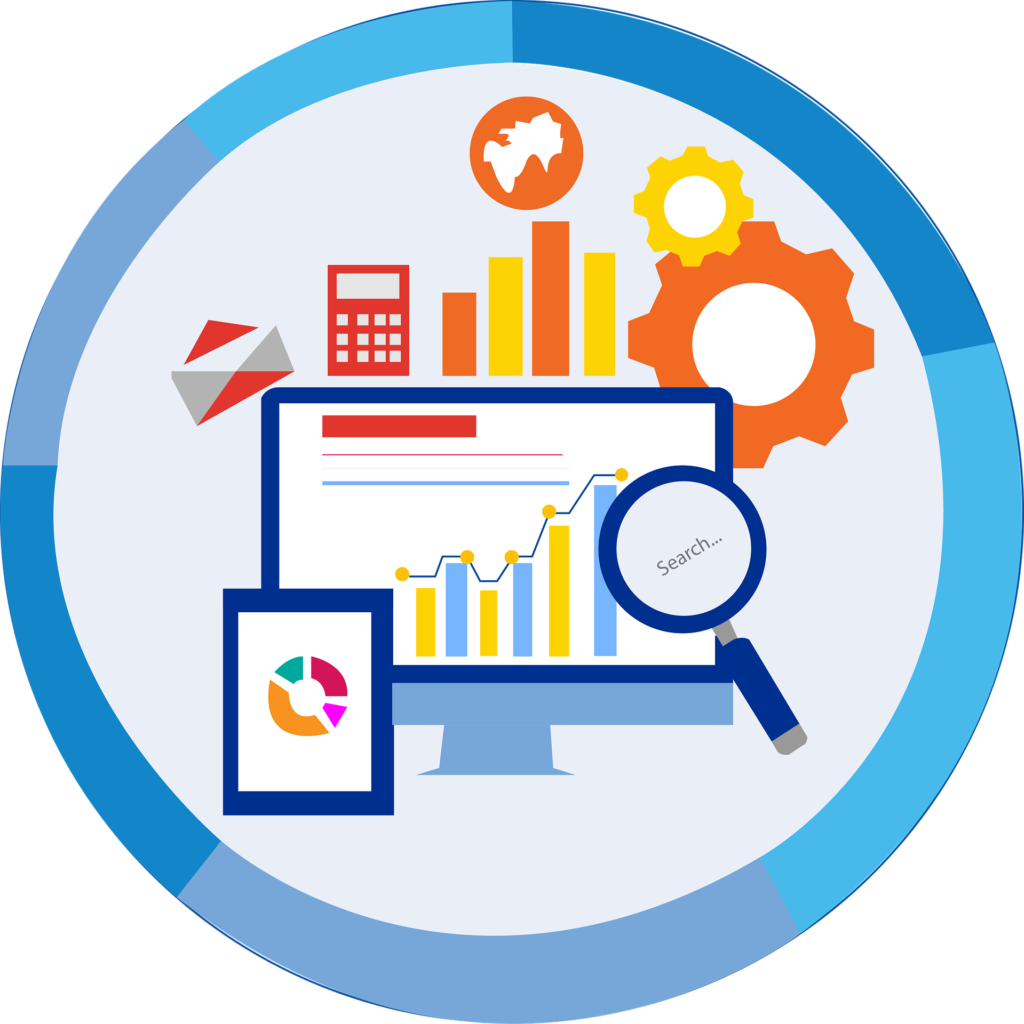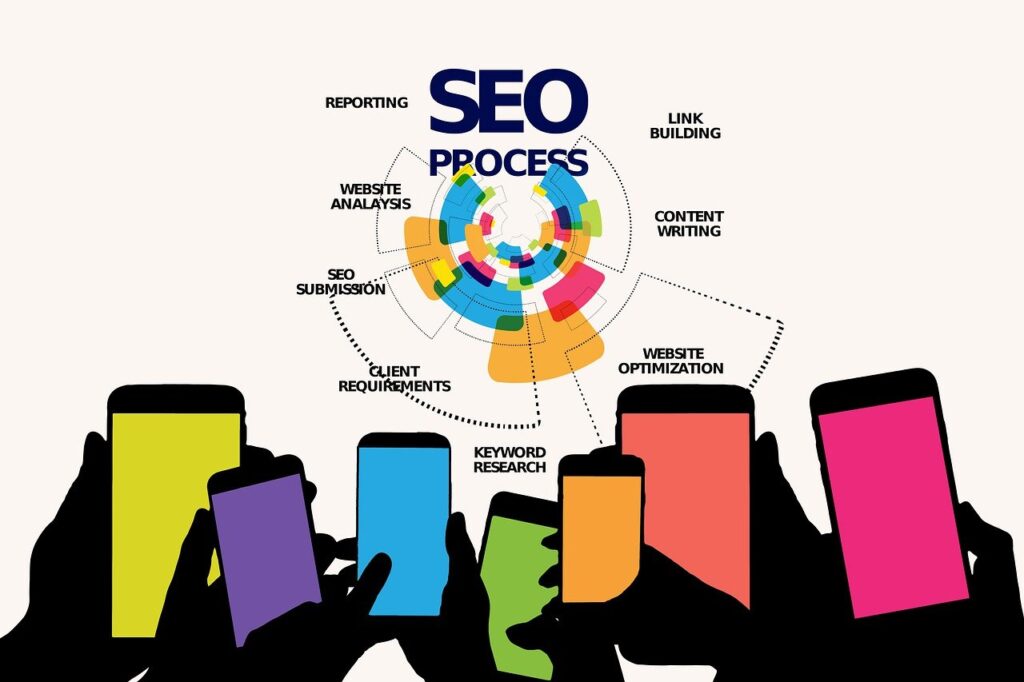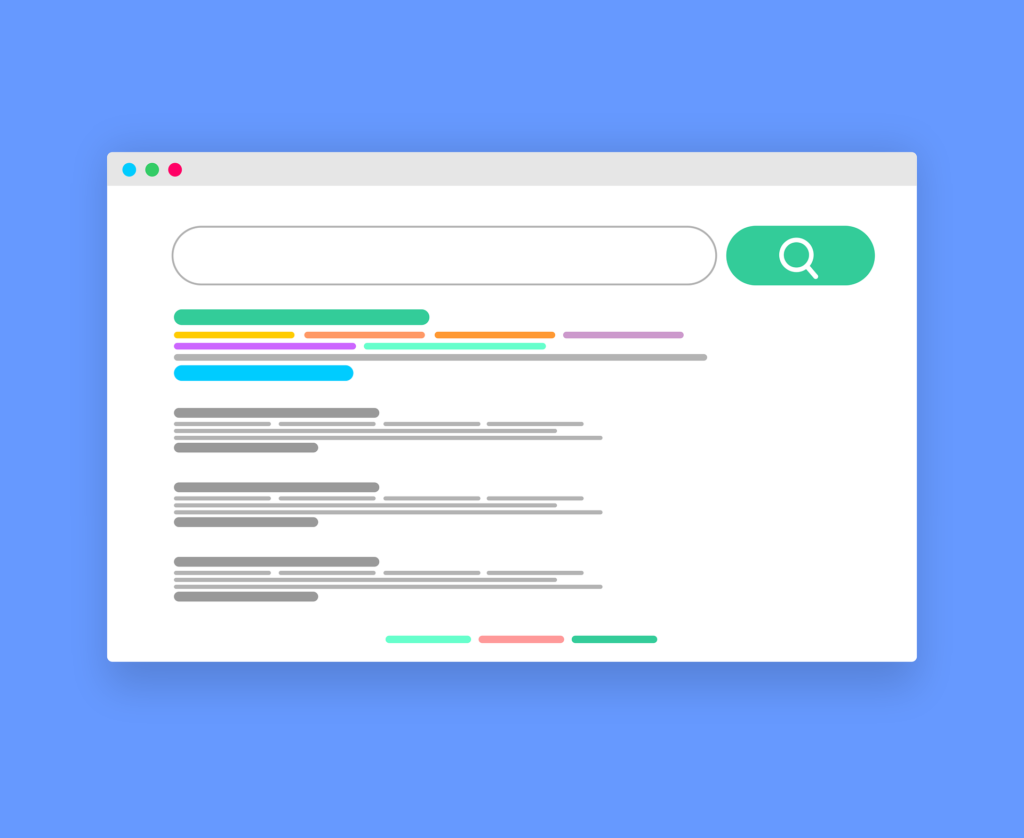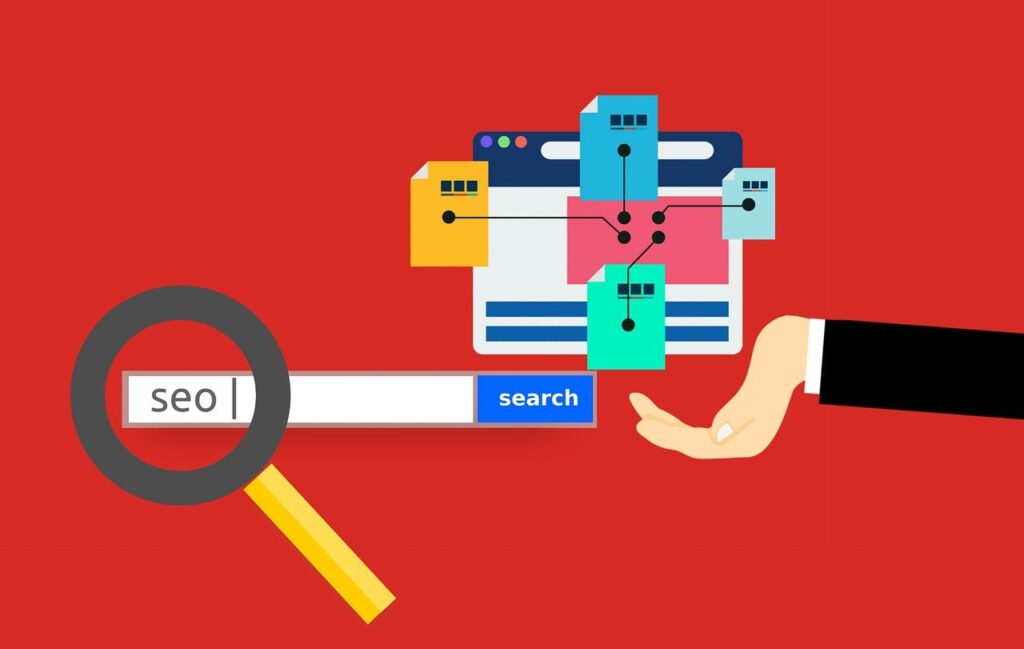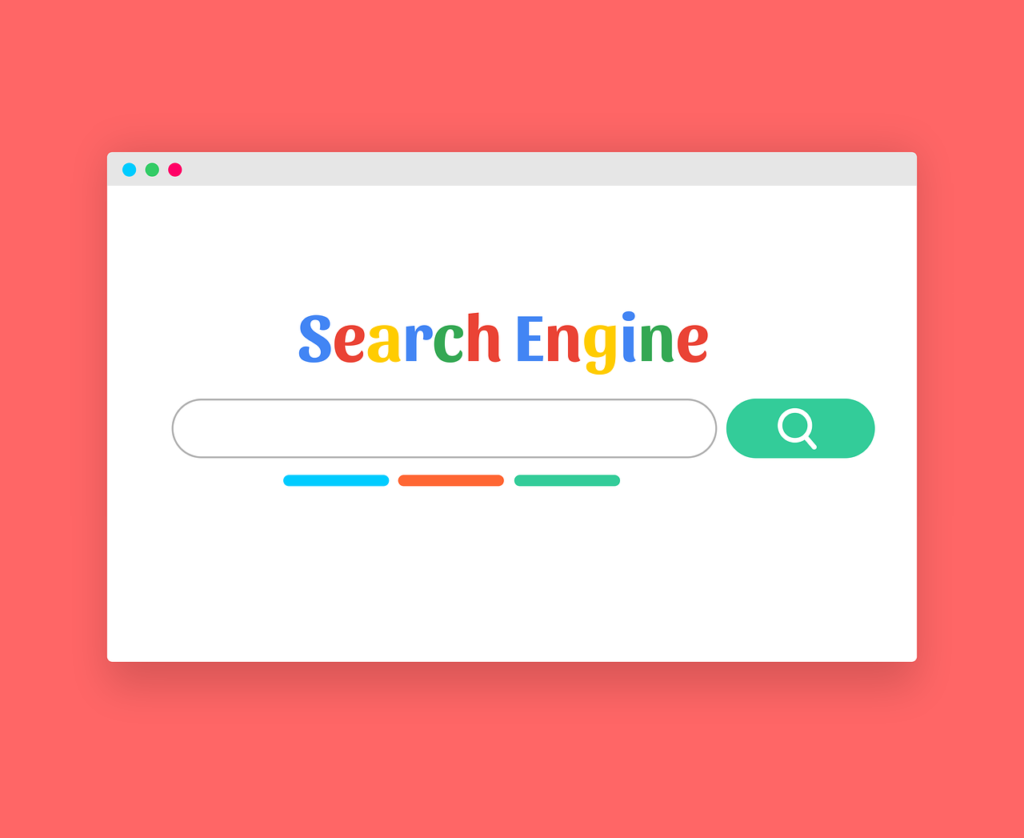.
🚀 Why Keyword Research is Essential for Your Business?
🔹 Improves SEO Performance – A solid keyword strategy ensures long-term ranking stability.
🔹 Increases ROI – Targeting the right keywords leads to higher conversions and revenue.
🔹 Enhances User Experience – Creating relevant content based on search intent improves user satisfaction.
🔹 Boosts Competitive Advantage – Helps you outrank competitors by targeting the right search terms.
📢 Ready to Optimize Your Keyword Strategy?
Let Sankalp Media Hub help you find and target the best keywords to boost your business online! Contact us today for a FREE SEO consultation! 🚀


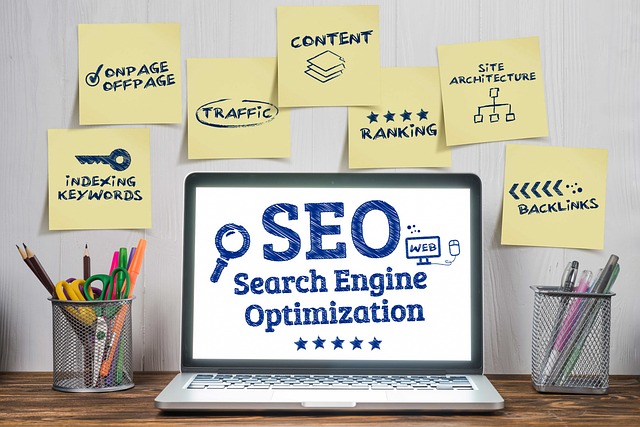

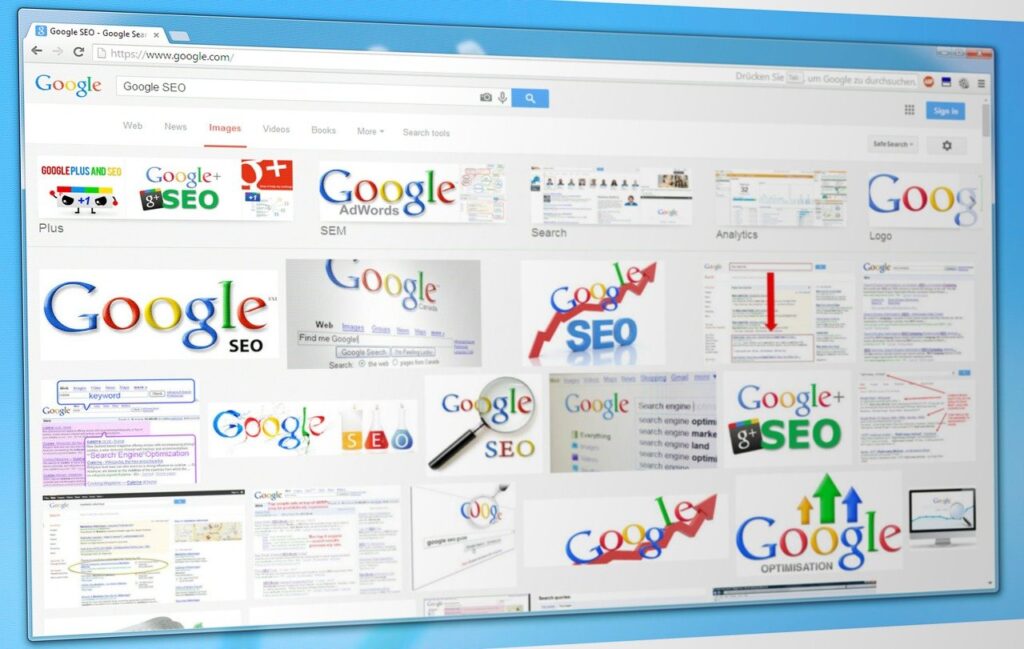


 Key Components of Off-Page SEO
Key Components of Off-Page SEO 1. Link Building (Backlinks)
1. Link Building (Backlinks) Natural Backlinks – Earned organically when other websites link to your content because it’s valuable.
Natural Backlinks – Earned organically when other websites link to your content because it’s valuable. Best Practices for Link Building:
Best Practices for Link Building: Prioritize high-quality backlinks from authoritative websites (e.g., .gov, .edu, news websites).
Prioritize high-quality backlinks from authoritative websites (e.g., .gov, .edu, news websites).
